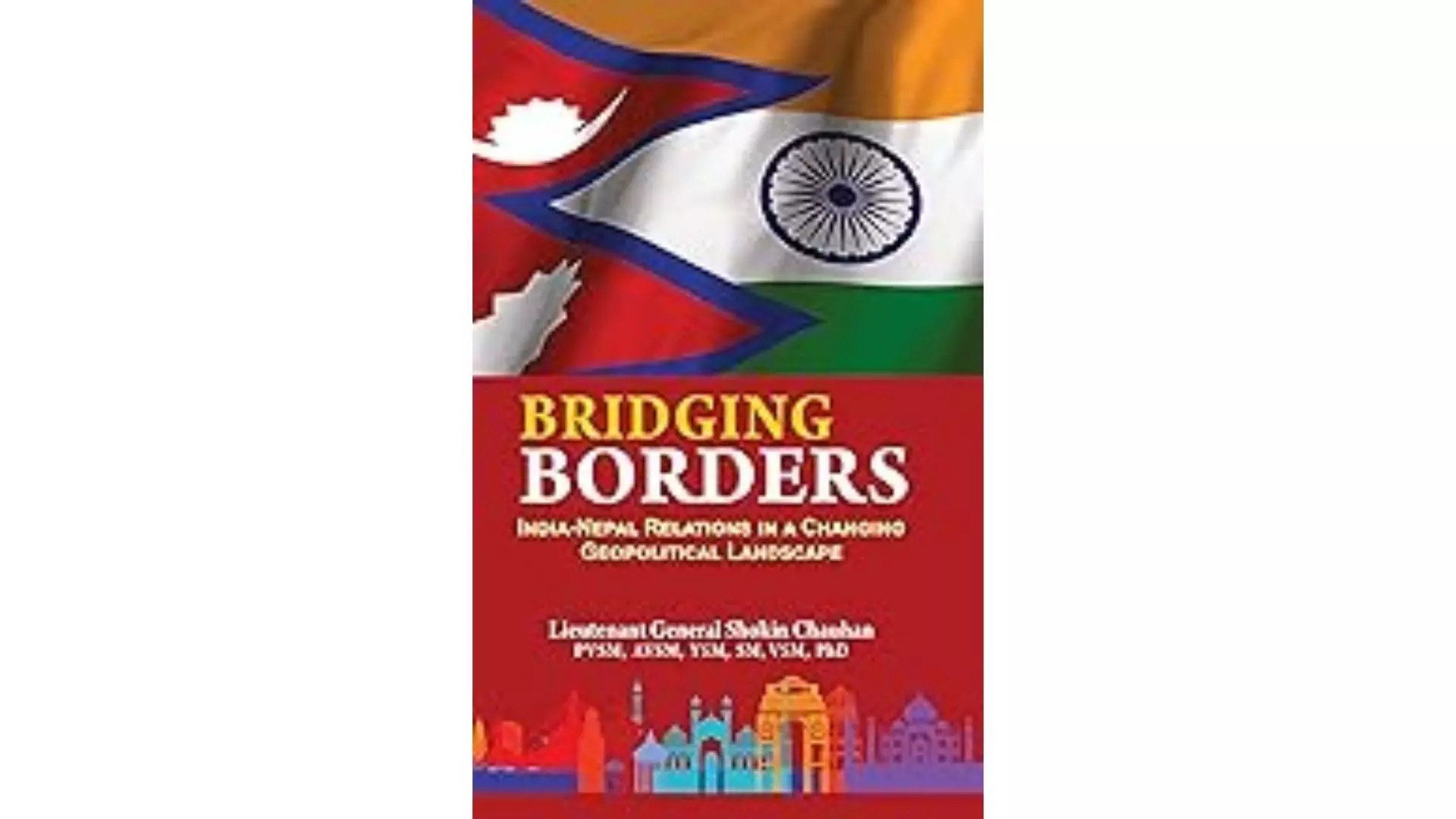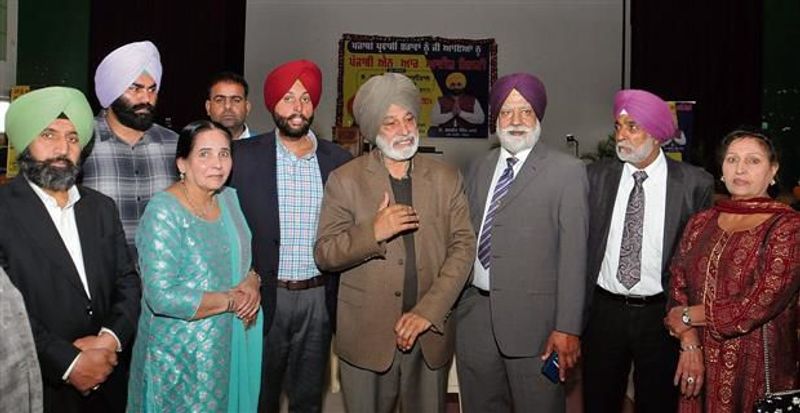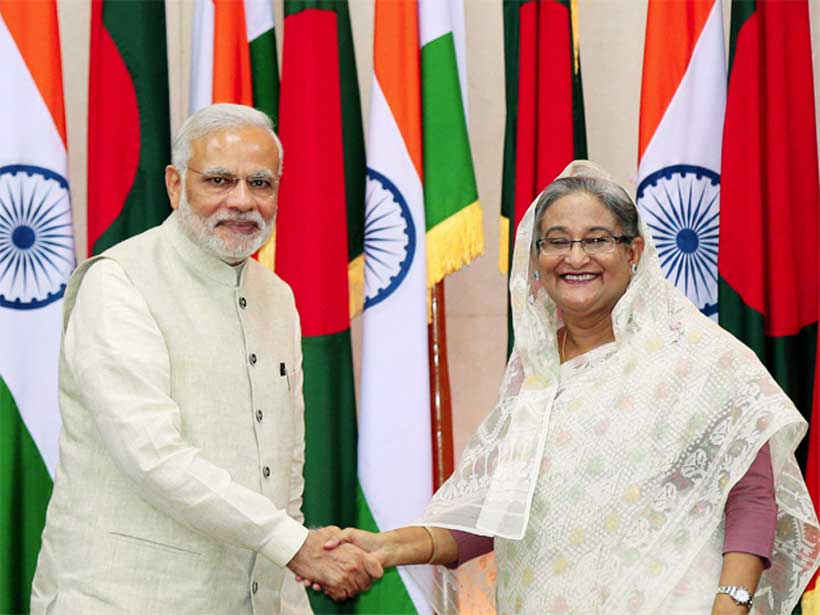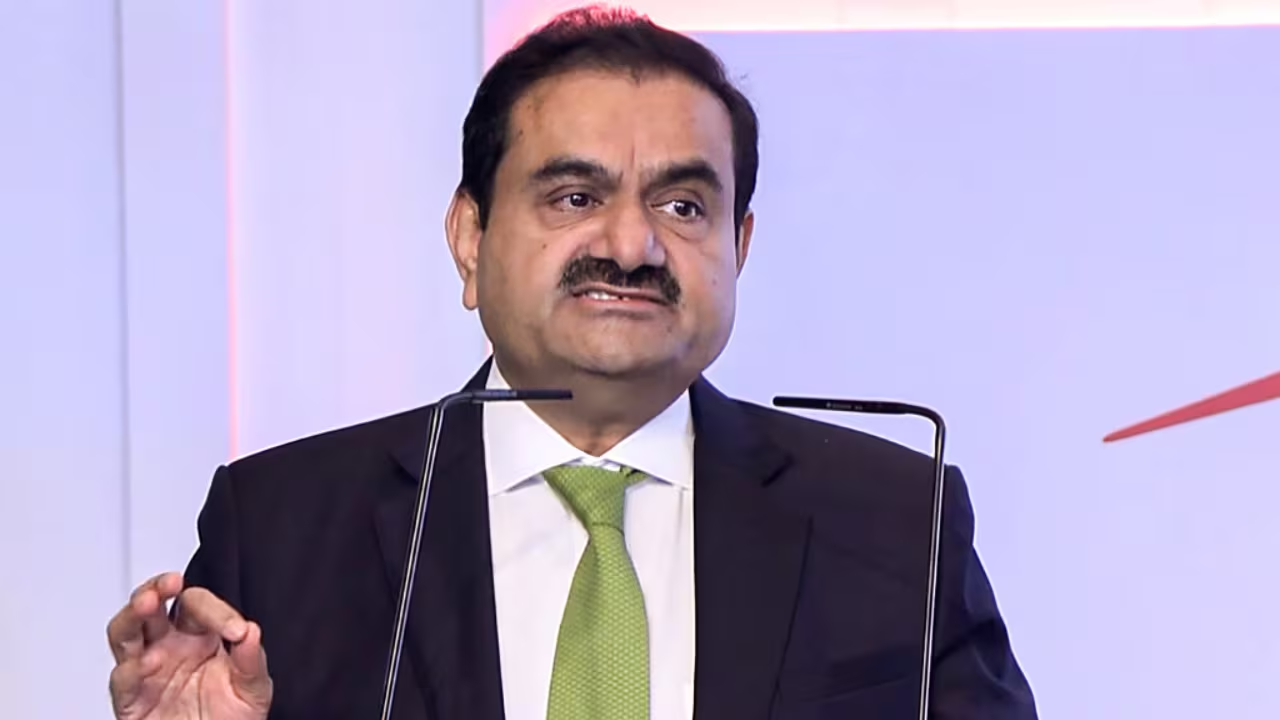-
India-Nepal relations stand at a critical juncture. Both nations must prioritize mutual respect and cooperation over geopolitical rivalries and populist narratives
-
India, as a regional power, has a responsibility to support Nepal’s aspirations without imposing restrictions on its external engagements
-
At the same time, Nepal must adopt a pragmatic approach, balancing its relationships with India and China for sustainable growth
Nepal finds itself at the crossroads of South Asia’s two dominant powers—India and China. The dynamics of this triangular relationship are shaped by economic interests, historical ties, and shifting global alignments. While India’s role as a close neighbor and traditional ally remains significant, it is imperative that the Indian establishment reevaluates its approach to fostering mutual growth and regional stability.
Pratap Bhanu Mehta, a noted Indian political scientist and academic, recently shared his insights on India-Nepal relations, South Asian geopolitics, and the influence of populism and social media during the Kantipur Conclave in Kathmandu. His perspectives offer a roadmap for understanding the evolving challenges in the region.
India’s Regional Approach: A Mixed Bag
India’s foreign policy has long aimed at balancing development and strategic interests. However, Mehta argues that the current administration’s emphasis on global alliances, while reducing focus on regional ties, has impacted India’s engagement with its neighbors. Unlike previous governments that emphasized cultural and societal connections with neighboring countries, there appears to be less public discourse and interest in India’s immediate region today.
This shift is concerning, especially when disputes like those with Nepal over border issues resurface. The lack of sustained dialogue, coupled with populist narratives on both sides, only exacerbates tensions.
Path Forward for India and Nepal
- For Nepal, strategic clarity and a focus on economic collaboration can pave the way for a stronger partnership with India
- Encouraging Indian business giants like Tata, Adani, and Ambani to invest in Nepal could transform bilateral relations. Simultaneously, India must view Nepal’s engagements with China without suspicion, recognizing that Nepal’s prosperity directly aligns with India’s regional stability.
- Moreover, fostering people-to-people connections and supporting cultural, academic, and business collaborations can strengthen ties beyond political disputes.
India-China Rivalry: A Cause for Concern?
Mehta highlights India’s overemphasis on China’s influence in South Asia. While China’s investments in the region, such as Sri Lanka’s Hambantota Port and infrastructure projects in Nepal, may raise eyebrows, they do not necessarily warrant alarm. India must realize that third-party investments in Nepal or any other neighboring country ultimately contribute to regional prosperity, which benefits India as well.
China’s strategy, as Mehta notes, often involves leveraging its economic might to appease political elites, sometimes at the cost of economic viability. However, Nepal, like other South Asian nations, should adopt a balanced approach, leveraging both Indian and Chinese investments for long-term national development.
Populism and Its Impact on Diplomacy
The rise of populist leaders like India’s Prime Minister Narendra Modi and the reliance on direct communication with the masses through social media have reshaped political accountability. Mehta stresses that populists often bypass traditional institutions, creating an environment where short-term political gains overshadow long-term regional strategies.
***********************************************************
Readers
These are extraordinary times. All of us have to rely on high-impact, trustworthy journalism. And this is especially true of the Indian Diaspora. Members of the Indian community overseas cannot be fed with inaccurate news.
Pravasi Samwad is a venture that has no shareholders. It is the result of an impassioned initiative of a handful of Indian journalists spread around the world. We have taken a small step forward with the pledge to provide news with accuracy, free from political and commercial influence. Our aim is to keep you, our readers, informed about developments at ‘home’ and across the world that affect you.
Please help us to keep our journalism independent and free.
In these difficult times, running a news website requires finances. While every contribution, big or small, will make a difference, we request our readers to put us in touch with advertisers worldwide. It will be a great help.
For more information: pravasisamwad00@gmail.com








